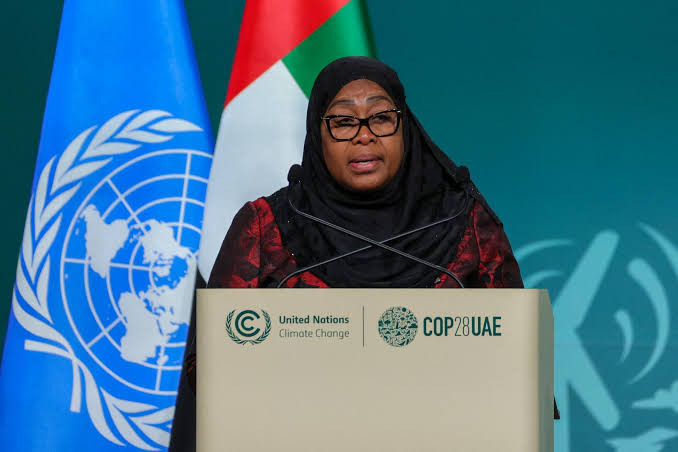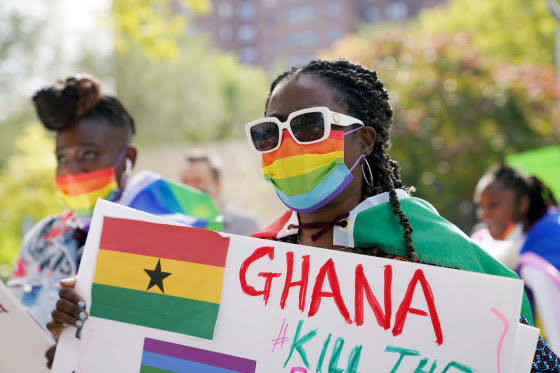
Faith Nyasuguta
As Tanzania gears up for its local elections in November, President Samia Suluhu Hassan’s leadership faces a significant test. This election marks the first real measure of her presidency since taking over after John Magufuli’s passing. It is an opportunity for President Samia to solidify her vision and reforms that have so far shaped Tanzania’s evolving political landscape.
The civic poll is designed to elect local government leaders, including village, street, and hamlet chairpersons.
President Samia’s rise to power brought a notable shift from Magufuli’s authoritarian style. Known as “The Bulldozer,” Magufuli’s governance was marked by rigid policies and reduced political space. In contrast, President Samia’s approach has centered on reconciliation, inclusivity, and revitalizing democracy.
Early in her term, she overturned restrictive laws, allowing teenage mothers to return to school and lifting a ban on several newspapers. Her decision to release opposition leader Freeman Mbowe, detained for seven months, marked a new era of dialogue with political adversaries.

President Samia’s strategy embodies a “4R” philosophy- Reconciliation, Resilience, Reform, and Rebuild. This holistic plan has underscored her governance, aiming to repair and strengthen Tanzania’s social, economic, and political fabric. Her reconciliation efforts included lifting the ban on political rallies imposed under Magufuli’s rule and engaging with opposition figures, such as Tundu Lissu and Freeman Mbowe, in unprecedented talks. These actions have contributed to easing political tensions and creating an atmosphere for more open political competition.
Beyond domestic efforts, President Samia has also been active regionally, holding the Chair of the Southern African Development Community (SADC) Political and Security Organ. Her diplomacy has supported peace efforts in conflict-prone areas like the eastern Democratic Republic of Congo, emphasizing collaboration to foster stability in the Great Lakes region.
On the economic front, Samia’s resilience has been tested by post-pandemic challenges and global financial strains. Under her leadership, Tanzania has weathered economic disruptions with targeted investments in infrastructure and energy projects. The administration’s policies have included securing funding from the International Monetary Fund (IMF) to support recovery and growth.
Media reform has been a hallmark of President Samia’s administration, as she pushed for increased press freedom and transparency. However, while progress has been made, some critics argue that the pace of change has slowed. They emphasize the need for sustained commitment to fully realize her reformist agenda.
Rebuilding Tanzania’s image internationally has been a priority for President Samia. Her active participation in global forums, such as COP26, showcased Tanzania’s stance on climate issues and re-established its partnerships with international bodies like the World Health Organization (WHO). Additionally, Tanzania has boosted its economic partnerships, notably in the natural gas sector, collaborating with global energy giants like Equinor and Shell.

As the country heads into the elections, President Samia has urged citizens to engage actively in the democratic process. With over 12,000 villages, 64,000 hamlets, and 4,200 streets set to participate, the scope of these elections highlights the importance of political inclusivity. Minister of State Mohamed Mchengerwa announced in September that even areas previously dissolved, such as the Ngorongoro Division, would be included in the polls.
Looking forward, President Samia’s focus remains on balancing internal progress with enhancing Tanzania’s global influence. Economic priorities include fostering a better investment climate and positioning Tanzania as a hub for trade and tourism. Security measures are being strengthened to ensure the country remains attractive to investors and stable for its citizens.
As voters prepare for the upcoming elections, they are tasked with weighing President Samia’s achievements and vision. Her emphasis on unity, reform, and resilience has set a new tone for leadership in Tanzania. Whether these efforts resonate with the electorate will be seen as the polls open in November, a moment that will likely shape Tanzania’s path for years to come.
RELATED:



